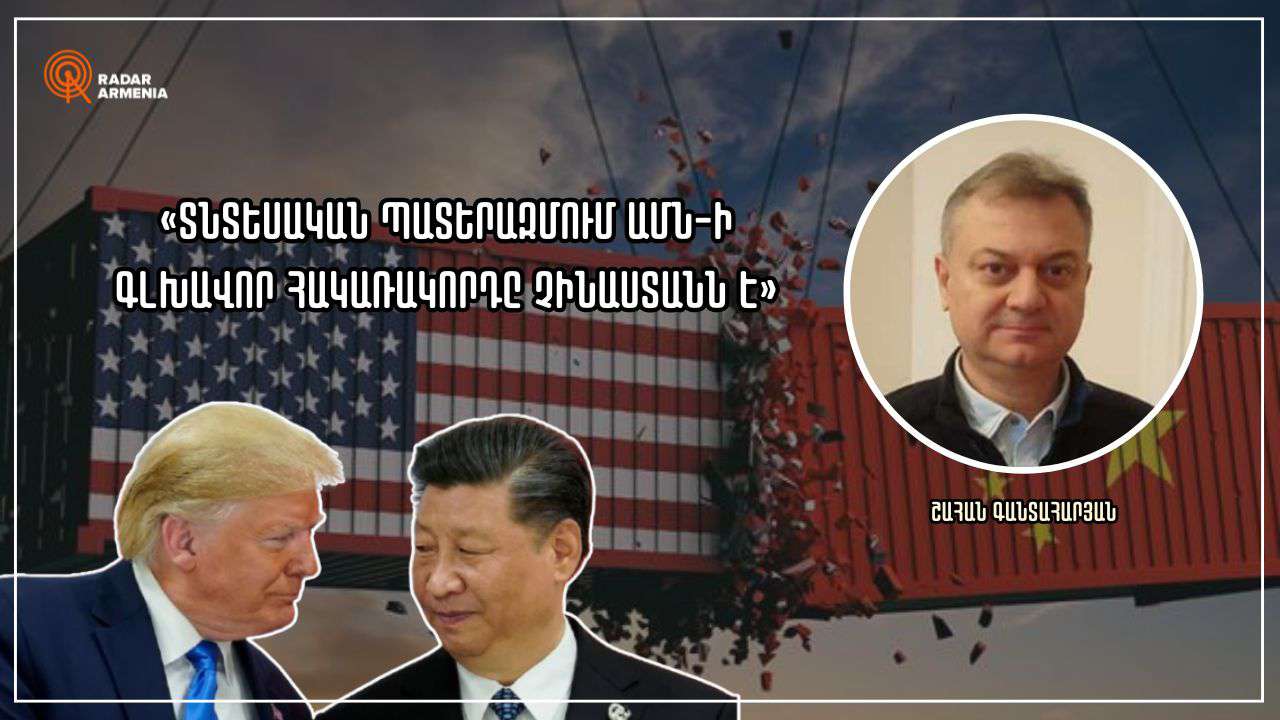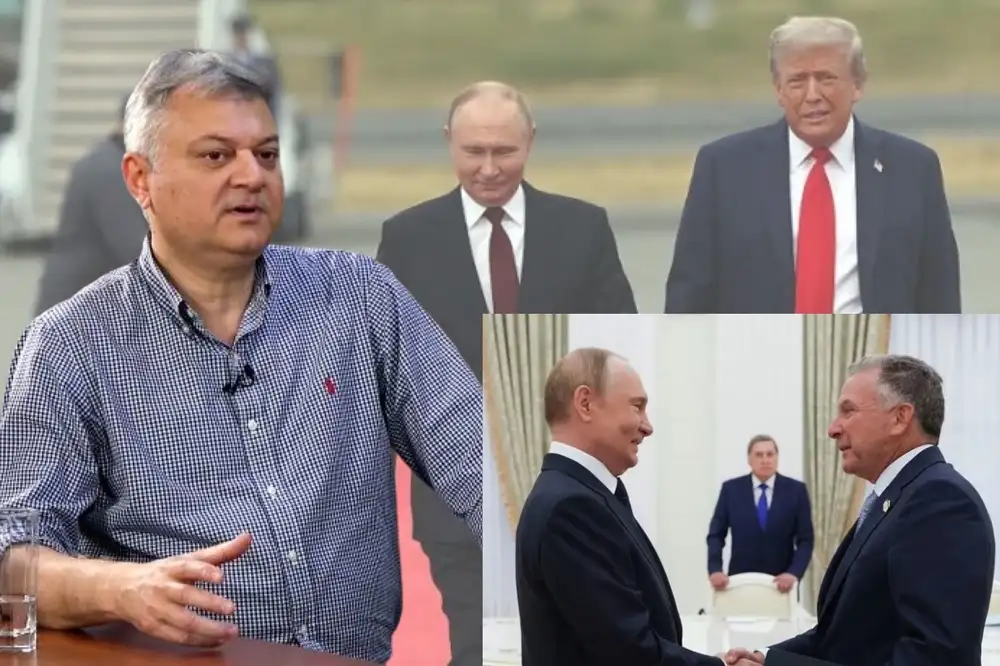Radar Armenia's interlocutor is international affairs expert Shahan Gandaharian.
- The US President signed a decree on imposing tariffs, which has caused discontent in countries that have trade and economic ties with the US. What did these tariffs mean, which, by the way, Trump called a declaration of independence for the US economy?
- The axis of the entire Trump administration policy is the restoration of the economy. This is of strategic importance in the domestic American sense as well. For a US citizen, improving the economy, increasing the quality of life, and deporting illegal immigrants are priority issues. Of course, there are other such issues. The citizens are also satisfied with the suspension of foreign aid. Trump's steps hit these targets. This does not mean that drastic changes are being recorded in geopolitics. The main trends remain the same. An economic war is being declared, and the primary opponent here is China. The rest are derivative issues that are connected with the mentioned policy.
- Can this also have consequences for world political events?
Some changes may be registered in world economic policy. By and large, some lines will not be crossed. The economic world order is bipolar, with the polar circumstances of the USA and China. This war will continue. There will be shocks and sharp changes in different geographical environments. The economic and military-political are compared. It is a world war with localized hot spots that change. These trends will proceed in parallel without a global collapse.
- The US-Russian dialogue continues. Putin's representative left for Washington, where he stated that the US administration is inclined to dialogue and aims to resolve issues related to relations between the two countries. What can be expected in this regard shortly, and especially on the Ukrainian front?
- Before the Russian-American dialogue is fruitful, the parties are already on the verge of a US-Ukrainian agreement. In Washington, the US presented Kyiv with a promissory note. Kyiv will repay the debt by providing mineral resources. That is why a ceasefire is needed. Moscow is realizing this reality and raising the price of a truce, at least by continuing its control over Ukrainian territories or by proposing the annexation of territories. These negotiations still have a long way to go. They will be interrupted, they will be continued again, and so on.
- I would also like to touch on US-Iranian relations. Iran has responded to the US President's letter, and the Foreign Minister insists that they will never seek to have nuclear weapons. Is all this enough, or will the US, nevertheless, go into a more serious confrontation with Iran?
- In the case of Iran, the US, led by the US, is pursuing a military policy of neutralizing Iranian proxy bases. The US is acting with Tehran based on "strike-negotiate" scales. The Iranian Foreign Minister's statement about continuing negotiations is aimed at and is a signal for the US to reach an agreement.
- In this case, what can be expected in the region if the US goes into serious confrontation?
- I do not think that there will be large-scale actions. The dismantling of proxies will continue. Iran will not have its previous role in the Middle East, whether in Gaza, Lebanon, or Syria. Now, also in Yemen.
Arman Galoyan


















